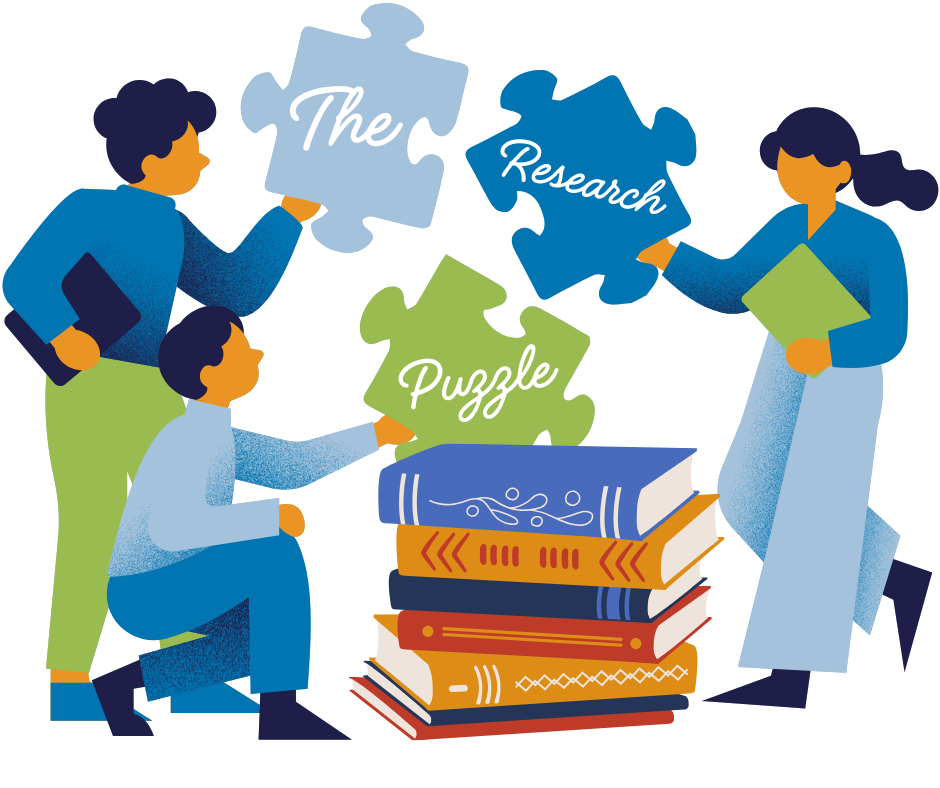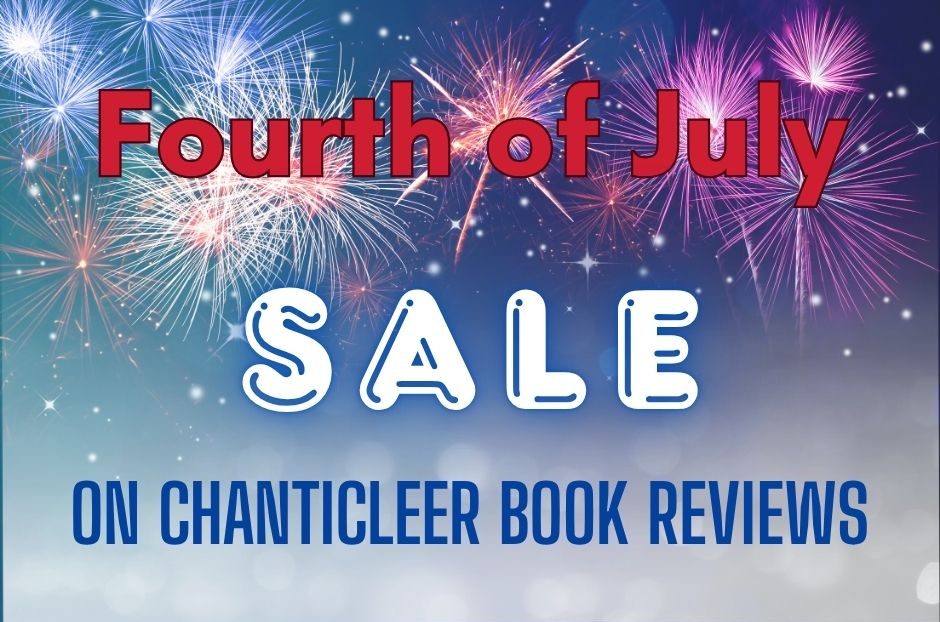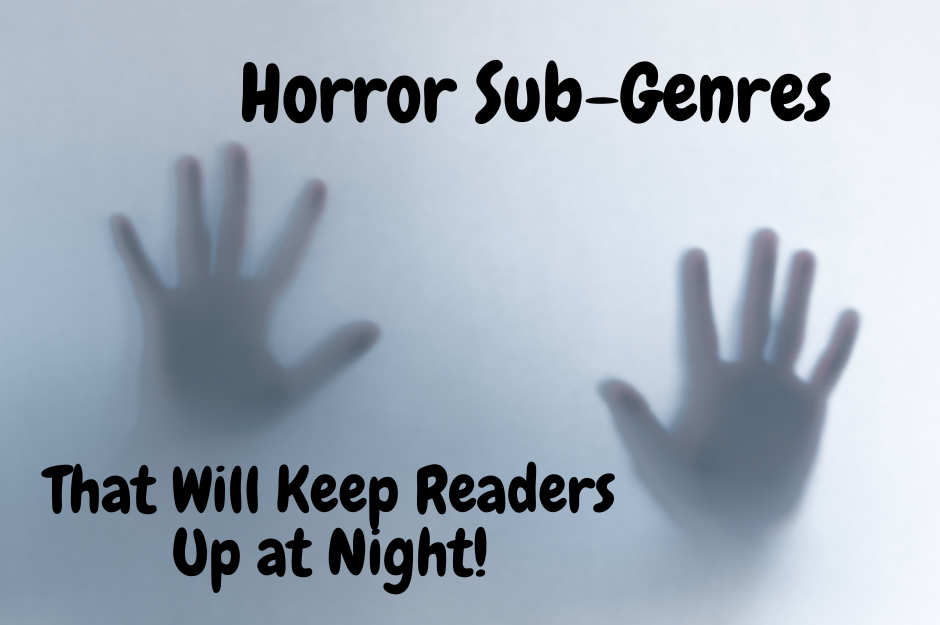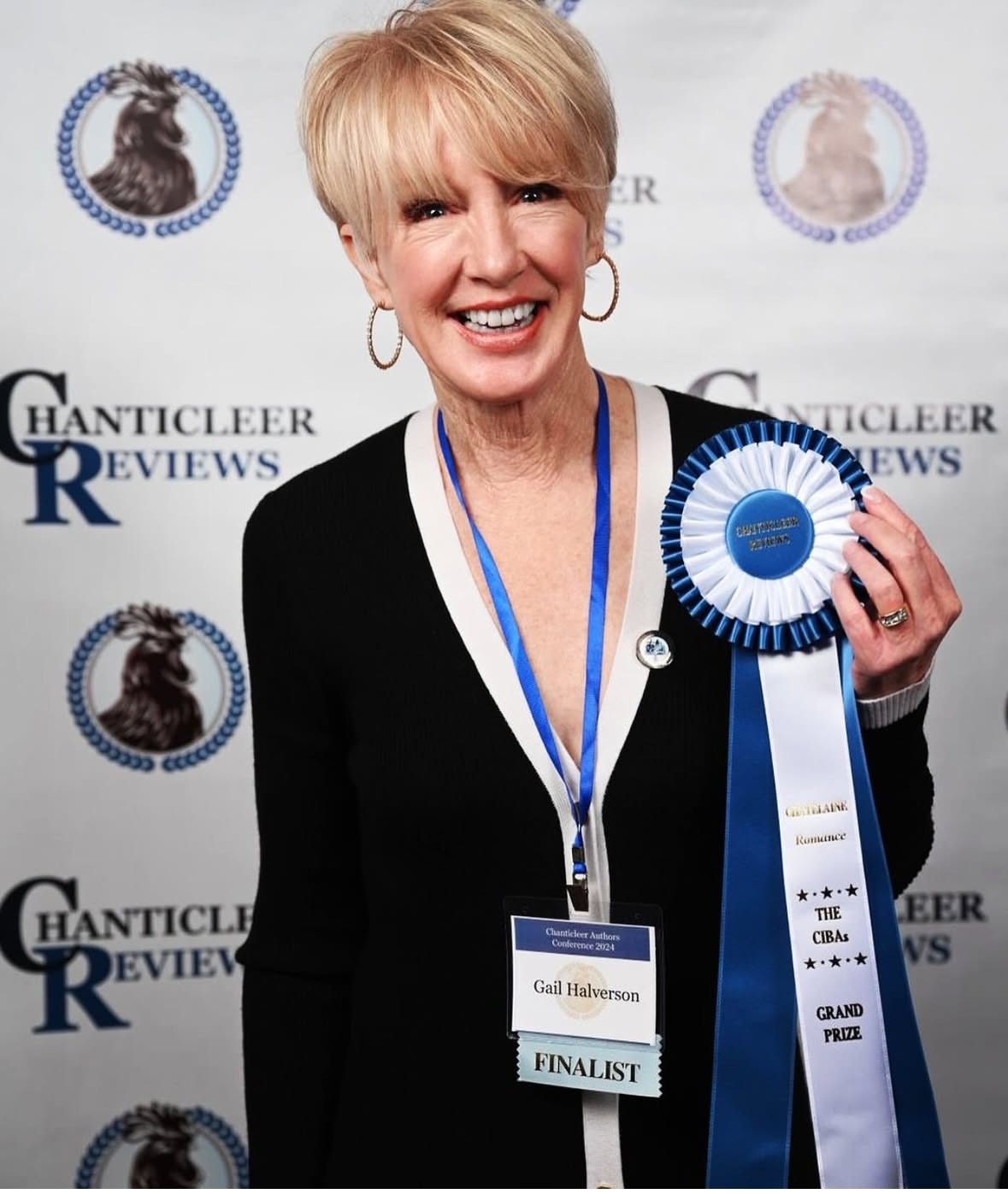|
Listen to or download this article:
|

Book Piracy: Why You Should Care by Susan Faw
(This is a three article series exploring the ever-expanding issue of book piracy.)
It is every fledgling author’s dream to see their book published. The time spent writing and rewriting, editing and polishing your book, are unpaid months and in some cases, years of toil, never to be recovered.
Release day cannot come quick enough, whether you are independently publishing, or are on a more traditional path. The day your book goes live is akin to a wedding day, or the birth of a child, a momentous, long anticipated date that greeted with joy.
Sending your book baby out into the world is a perilous event. This child of your brain is set adrift on retail rafts, in the hope that it won’t drown, and sink into obscurity. You think that drowning is the worst thing that can happen, that no one will notice your novel and that it will disappear from view.
Actually, the worst thing that can happen is that your book is a runaway success—at least with how the publishing industry is currently structured.

You see, that ocean is full of sharks. The sharks of the publishing ocean will plagiarize your work. They will copy it and stuff it into books that they create, and slap a cover on it and upload it to Amazon, stealing your words and your income. But plagiarism has always existed in the world. They do get caught and the books are taken down.
Worse than the sharks are the pirates. Flying international flags of privilege and self-aggrandizement, these modern-day pilferers go far beyond nibbling at your work. Cruising the waters to see what rafts have popular cargo, they pounce on those books fortunate enough to be successful. They outright steal your book baby, stuffing the loot into storefronts of their own, without a penny of that work being returned to the author and/or publisher.

According to a recent article of The Guardian: “All this is exhausting for authors, but it could be devastating for readers, too. Harris, a representative of the SoA who speaks passionately on behalf of authors, knows several who have lost contracts because piracy drove down their sales to an unsustainable level. The most vulnerable authors are those who write series: when book one does well, but book two is heavily pirated, book three could end up dead in the water. Midlist authors and those who barely scrape a living are also at risk. “These people mistakenly think they’re sticking it to the man,” Harris says. “They’re not; they’re sticking it to the little people, the people who are struggling … and they don’t care.”
And the numbers of illegal downloads of pirated ebooks are staggering.
The website GoodEreader states: “Pirate websites received 300 billion visitors last year and ebooks represent a small, but growing segment. Digimarc and Nielsen conducted a recent study that reveals 41% of all adult e-book pirates are aged between 18 and 29 but perhaps surprisingly, 47% fall into the 30 to 44-year-old bracket. The remaining 13% are aged 45 or up. There are also some surprises when it comes to pirates’ income. Cost is often cited as a factor when justifying downloading for free, and this study counters that the average household income that downloads books the most range from $60,000 and $99,000.”

“Ebook piracy is not just popular in the United States, but is a global problem,” according to the Intellectual Property Office. Their latest study of online copyright infringement finds that “seventeen percent of ebooks read online in the UK are pirated – around 4m books. According to research by Dutch firm GfK, only 10% of all German ebooks on devices were actually paid for, with most of the digital books being pirated. On average, an e-reader in the Netherlands holds on average 117 ebooks. Out of that total, 11 were bought at legitimate websites. The remaining books were pirated at file-sharing sites or through Torrent sites. Ninety-two percent of ebook readers in Russia obtained their books illegally downloading the materials.”
I bet you are not feeling so cozy over your amazingly successful book launch now, are you? But this series of articles is not meant to be discouraging.—

In fact, there are promising signs for the future of e-book publishing. In this swiftly changing digital age, you can stay one step ahead of the pirates, with some careful planning. In the next article, we will explore ways to protect your digital copyright, and budding technologies you need in your arsenal, to help protect you, and your book baby from pirates.

Susan Faw is the award-winning author of the Spirit Shield Saga, young adult fantasy and dystopian series.
You can read her 10 Questions Interview on Book Marketing, Increasing Book Sales with Sharon Anderson here.
Stay tuned for her next article on Book Piracy and what you can do about it!








Leave A Comment